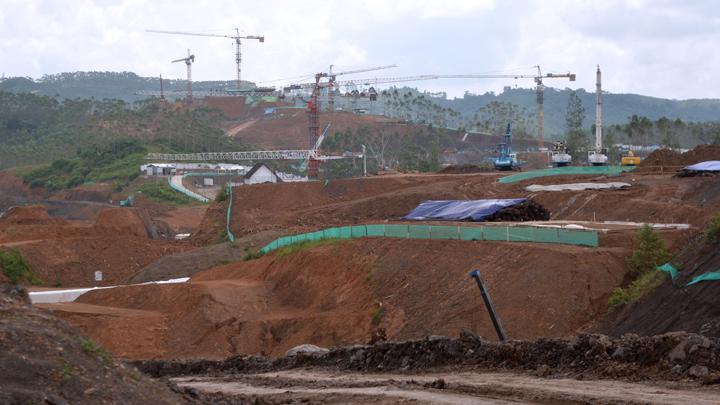One of the most important parts of Indonesia’s presidential election phase is the announcement of long-term development planning (RPJPN) 2025-2045. It is because all of the candidates have to adopt the RPJPN in their vision and mission. On May 22-23, 2023, Bappenas (the National Development Planning Agency) held the National Development Plan Deliberation (Musrenbangnas) 2023, for the formulation of the National Long-Term Development Plan (RPJPN) 2025-2045. This momentous event went unnoticed by the public amidst the noisy roadshows conducted by potential presidential candidates to capture public attention.
The Musrenbangnas 2023 was intended to ensure that development progresses in a directed, integrated, and clearly defined manner, in order to address the future needs of the nation. The aspirations and goals of Indonesia’s independence in 2045 when Indonesia celebrates 100 years’ independence day, are expected to face increasingly challenging and complex circumstances. On the global stage (external aspect), Indonesia must emerge as a competitive nation, a key player rather than a mere spectator. Internally, Indonesia must strive to become a self-reliant and advanced nation. In line with circumstances, a nation with such qualifications must reflect justice and prosperity in every aspect of life, ensuring equal distribution of development benefits. In particular, all people should have equal opportunities to access social services, education, healthcare, and employment, express their opinions and ideas publicly, exercise political rights, receive protection and equality before the law, and attain a better life, as reflected in improved socio-economic welfare.
The keyword for the development plan in realizing Indonesia Emas 2045 (Golden Indonesia 2045) is “Transform”. The reforms are no longer sufficient, but they need to be reinforced by comprehensive transformations in various development sectors. This transformation is crucial to achieving competitive development driven by inclusive and sustainable high productivity. The main focus of transformation includes social, economic, and governance aspects. A successful transformation is supported by a strong foundation of national stability, which encompasses the rule of law, substantial democracy, national security, and economic stability, creating a conducive domestic environment, as well as robust diplomacy to strengthen the role on the international stage. The rule of law ensures legal certainty and justice, while substantial democracy produces effective and responsive governance. Strong national security protects the country and creates a safe environment, while economic stability supports the well-being of society. When these four aspects are stable, the country will have a strong foundation to implement inclusive and sustainable development, attract investments, create decent jobs, and allocate resources effectively.
An interesting breakthrough from the Musrenbangnas 2023 is the approach to involve all elements of the nation. Fundamental issues that have yet to be resolved during the development process, such as poverty and inequality, are no longer addressed through programs and projects that are mere “inputs,” with the poor seeking assistance from poverty alleviation projects. Instead, communities living in inadequate conditions are approached, surveyed, and their basic service needs that have not been met are identified, and gradually fulfilled over time.
Intellectuals understand that development goes beyond economic growth and other measures of modernization such as urbanization and industrialization. It encompasses broader aspects such as equality, human progress, environment, democracy, social institutions, cultural values and civilization. Suppose development is merely aimed at addressing national challenges through the process of modernization. In that case, the outcome tends to benefit the elite, and perpetuate oligarchic hegemony, while leaving the lower class behind due to widening inequality.
By: Fahmi Wibawa, Executive Director of LP3ES, Lecturer at the Faculty of Economics and Business UIN Syarif Hidayatullah Jakarta
Source: https://en.tempo.co/read/1732119/new-paradigm-of-development-planning




